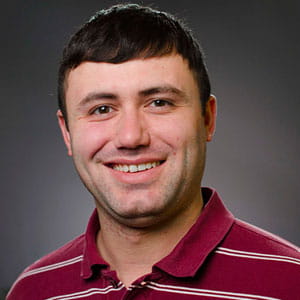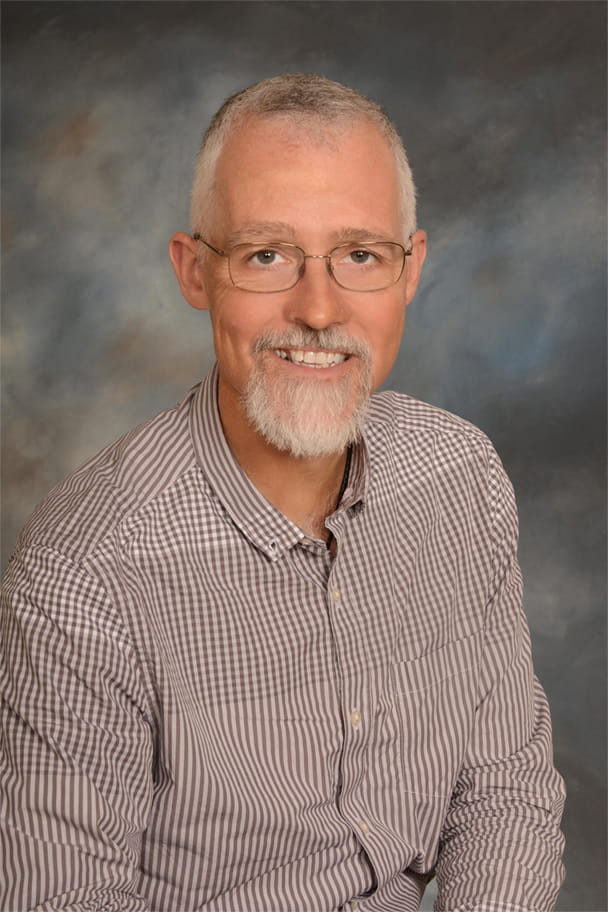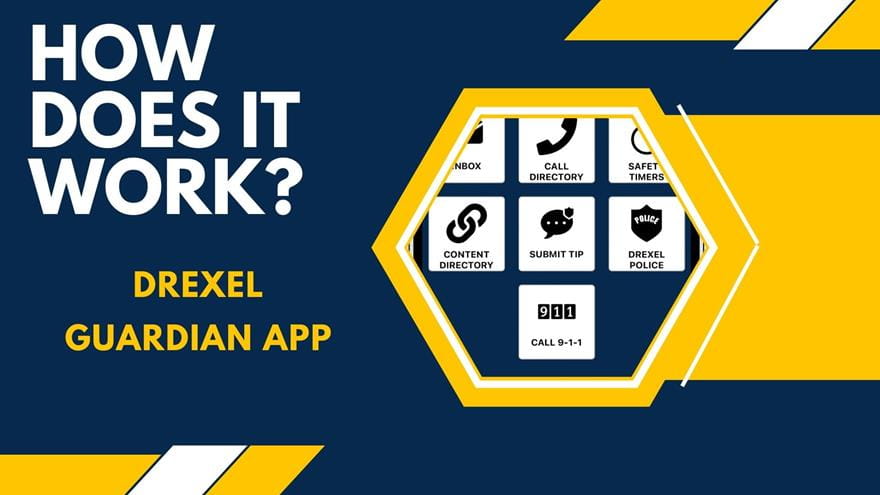Veteran Employee Resource Group Formed at Drexel
 By Frank Otto
By Frank Otto

Moving is just a fact of life in the military.
Servicemen and women constantly pick up and relocate as they’re assigned and re-assigned. And almost every time, they land in a spot with many others who share the same experiences.
“One of the things, as a service member, you get uprooted and moved every few years. You almost immediately help each other out: ‘Here’s the housing, here’s the educational experiences, here’s what you need to do,’” said Leland “Rocky” Rockstraw, associate clinical professor in the College of Nursing and Health Professions, who is a veteran of the Air Force.
But what happens when you leave the military?
Rockstraw, who served for 11 years in the Air Force, is looking to help create that sense of community for veterans again with an employee/colleague resource group at Drexel.
“There are challenges of getting into the stream of what’s going on,” Rockstraw told DrexelNow. “We want to identify some of the challenges you may face when you come in to Drexel. It’s my hope and the hope of like-minded veterans that we could be mentors to others because of our shared heritage.”
The group has already begun meeting the second Tuesday of every even month and was granted formation from Drexel’s Office of Equality and Diversity as a College Resource Group (CRG). Rockstraw leads the executive board as its president with Sinclair Smith, an Army veteran and department chair of Health Sciences, of the College of Nursing and Health Professions, serving as vice president, and Karyn Holt, a clinical professor also from the College of Nursing and Health Professions and an Air Force veteran, serving as treasurer.
Two “veteran allies,” Shenna Hines, of the Center for Clinical & Electronic Learning Resources, and Susan Aldridge, president of Drexel University Online, were named to the board as recording secretary and executive sponsor, respectively.
Although there are physical meetings, Rockstraw said the group is doing its best to create an active online community, as well, forming connections with members from the University City and Center City campuses, and faculty from as far away as Alaska.

“It’s not just a local thing,” he said.
“Supporting the military not only for their service but as ongoing employees is really, really important.,” said Millie Carvalho-Grevious, PhD, diversity and inclusion coordinator in the Office of Equality and Diversity.
Veterans present some unique situations, Rockstraw said. For example, some might still be active as a reserve, meaning that they’d need to navigate having to go for two weeks of active duty training periodically.
Additionally, many veterans receive veteran benefits which provide their own unique regulations and requirements which may need to be worked out.
“We’re just doing our best to get everyone more familiar with everything,” Rockstraw said.
Drexel has made special efforts to assist former members of the military entering its community, but a specific group reach out to employees to help with resources is an area that needed some development.
“If you think about the way we’re building the veteran-friendly community at Drexel, there’s the Office of Veteran Student Affairs, the Drexel Veteran’s Association, which is for students, and then there’s the Drexel Veterans Alumni Network,” said Rebecca Weidensaul, PhD, associate dean of students, who oversees the Office of Veteran Student Services. “For employees, we didn’t really have a specific group.”
“We have a spectrum of offerings to engage veterans at Drexel and the colleague resource group will make it stronger and more complete,” Weidensaul added.
Having a group like the one Rockstraw is helping found is important to not just employees, but the other veteran groups at Drexel.
“This group will not only address issues of inclusiveness, but will also reach back to student group,” said Carvalho-Grevious. “It’s a connector. It’s not just a pillar — there’s a collaborative commitment to supporting each other.”
Rockstraw recalled the first time he entered the civilian workforce after his years serving as an officer of nursing in the Air Force.
“I had a supervisor who said, ‘We need to do A, B and C,’” Rockstraw said. “In the military, we didn’t think twice about what someone told us to do. Civilians, they said, ‘What? Give me a year to get it done.’”
Rockstraw immediately assigned his staff the tasks and soon, his supervisor spoke with him and said that half were asking for a transfer and the other half wanted to resign.
“It’s an approach, sometimes,” Rockstraw said. “My boss, Dean [Gloria] Donnelly [of the College of Nursing and Health Professions], has told me that some of my best attributes can be some of my worst traits. I’m very quick to get to things. And, sometimes, in a University environment, they want to give things some time.”
The group’s aim is to share experiences like Rockstraw’s to remove some hurdles and rough patches in new veteran employees’ paths.
“Many of us vets are proud to be identified as veterans but don’t want to be identified because we just want to be like anybody else,” Rockstraw explained.
If you are interested in joining Drexel’s Veteran Colleague Recourse Group, email DUVeteransCRG@drexel.edu or visit the web site: http://www.drexel.edu/diversity/groups/overview/Employees/CRG/
Drexel News is produced by
University Marketing and Communications.
